Chinese Corner: The women who spoke out against sexual misconduct — and continue to battle misogynists and trolls
Chinese Corner: The women who spoke out against sexual misconduct — and continue to battle misogynists and trolls
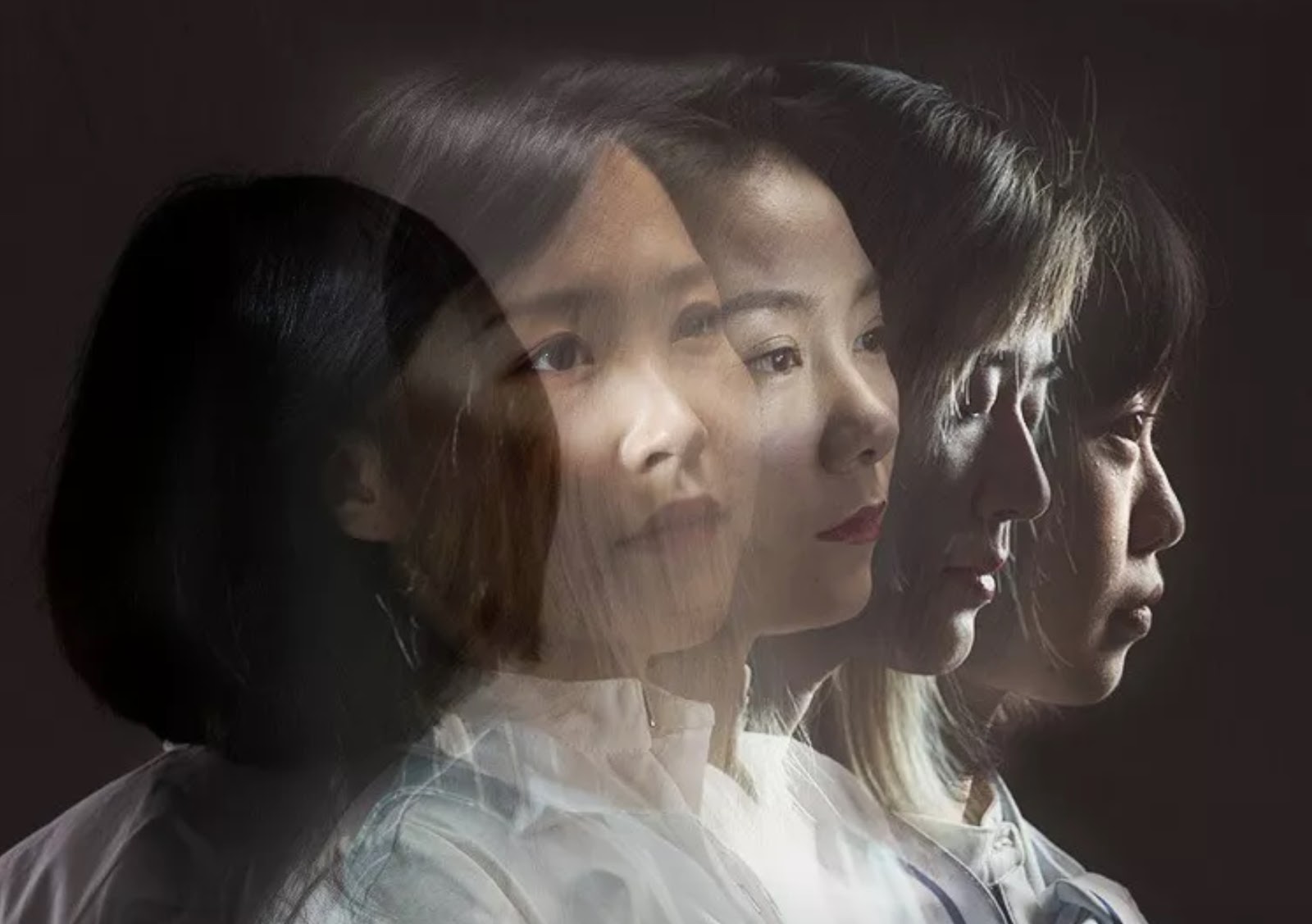
When women break their silence
当女性打破沉默
By Wáng Tiāntǐng 王天挺
January 10, 2018
What happens to a Chinese woman after she speaks out against sexual harassment and assault? This is the question at the center of this profile of a cohort of brave women who have come forward as victims of sexual misconduct in support of China’s fledgling #MeToo movement.
The article features Zhào Áoáo 赵嗷嗷, a journalist whose sexual harassment accusations against Peking University professor Xiè Càn 谢灿 were vehemently denied by school authorities; Xiánzǐ 弦子, a a former intern at China Central Television (CCTV), who is now facing a legal battle against famous TV host Zhū Jūn 朱军, who she accused of sexual harassment; and Huāhuā 花花, who took to social media to expose well-known charity founder Léi Chuǎng 雷闯’s inappropriate behavior toward women — and inked the date she did that on her arm.
As pioneers who helped launch the movement in China, they initially thought that breaking the silence on sexual assault would mark the end of their painful experiences. But the onslaught of hateful remarks criticizing their behavior and discrediting their claims made them realize that what’s ahead is a prolonged, seemingly endless war against systemic misogyny.

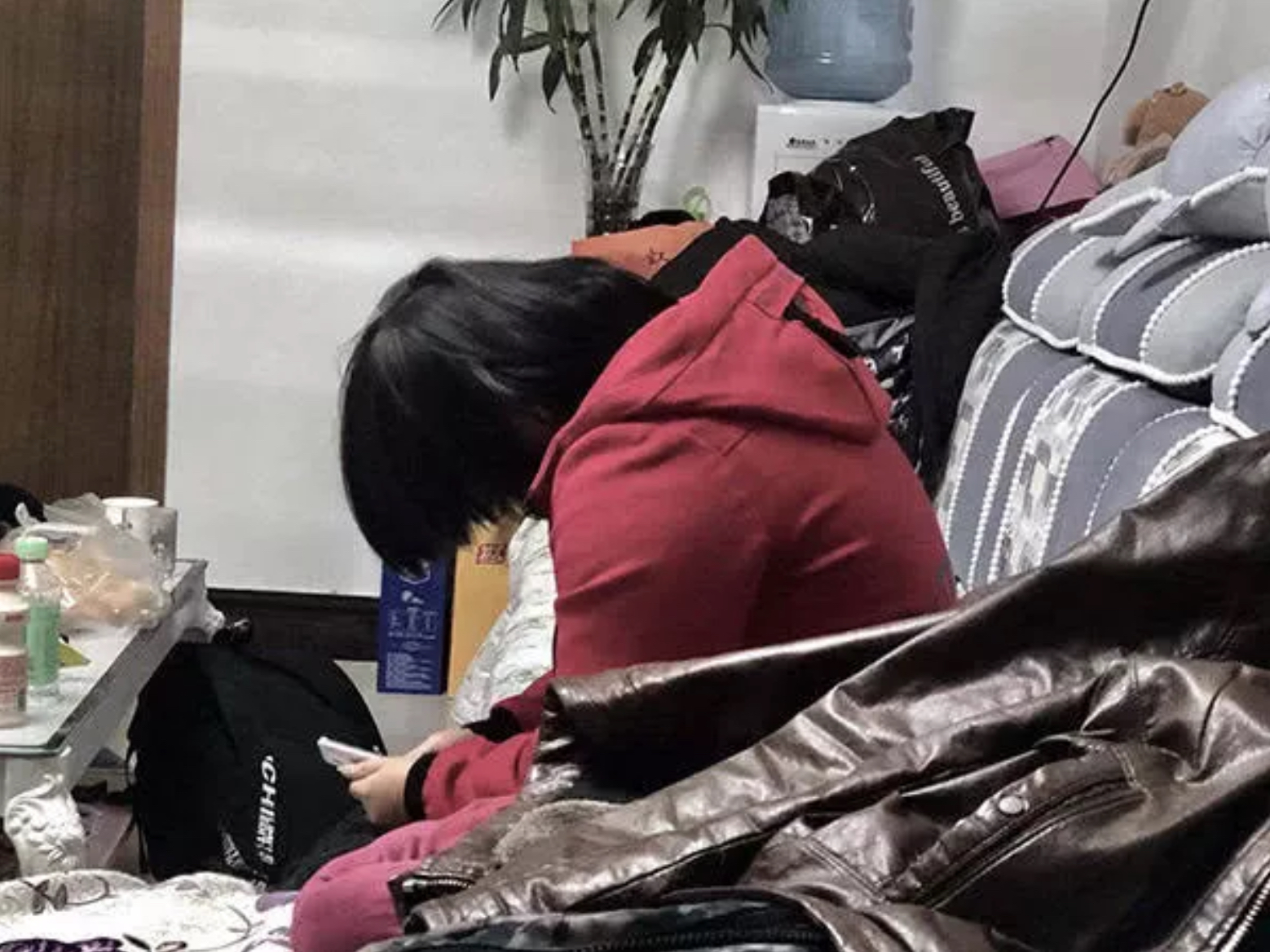
The girl who went missing in Zhumadian
驻马店少女失踪后
The aftermath of a missing girl in Zhumadian
By Bā Ruì 巴芮
January 10, 2018
Following a dispute with her brother, Lín Mò 林茉 left home at the age of 14 in 2012. She went missing for six years until surfacing earlier this month, when Lin’s mother, who was released from prison in 2016, ran into her on a Beijing street. In her time away, Lin became a mother of three, whose fathers are 60-year-old Zhèng Shùguó 郑树国 and his 30-year-old son Zhèng Lín郑林. Lin also suffers from schizophrenia, a serious mental illness that impairs her memory, and makes it difficult to bring Zheng and his son to justice for alleged crimes of sex trafficking and indecent assault.
This is a stomach-churning tale of the worst that could happen to a girl from a disadvantaged background, and how law enforcement can fail victims of abuse.
Additional reading:
- 一个女孩消失在驻马店 A girl disappeared in Zhumadian

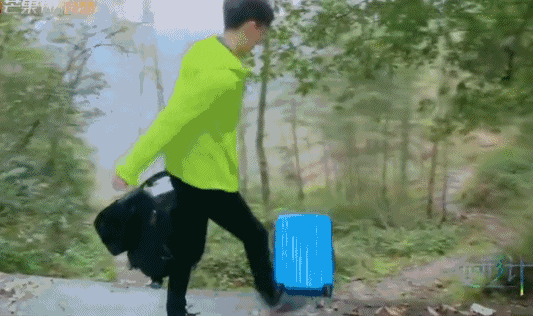
How X-Change became the most-watched reality show in China by exploiting teens living in rural poverty
《变形计》:一场精心编排的收视狂欢
X-Change: A meticulously-crafted ratings-chasing carnival
By Ā Bǐng 阿饼
January 7, 2018
Inspired by the American reality television program Wife Swap, Hunan TV invented X-Change 变形记 in 2006, where two families, usually from drastically different social classes, switch their children for a couple of weeks. As you might expect, X-Change is a drama-filled show featuring spoiled, entitled, and angsty teenagers from rich families who are expected to have learned redeeming values when the swap ends, and timid, inhibited, and overly apologetic teengers from impoverished areas, who are overwhelmed by everything that surrounds them in urban settings.
The show has scored high ratings since its launch. But its popularity doesn’t justify its problematic elements, according to blogger Ā Bǐng 阿饼. “X-Change is never a show of parallel stories. The main storyline always belongs to teens from cities, while those from the countryside constantly remain an accessory to the urban protagonists,” he wrote. “The show perfectly encapsulates traditional Chinese parent-child relationships, which are hierarchically structured and devoid of interactions and negotiations.”

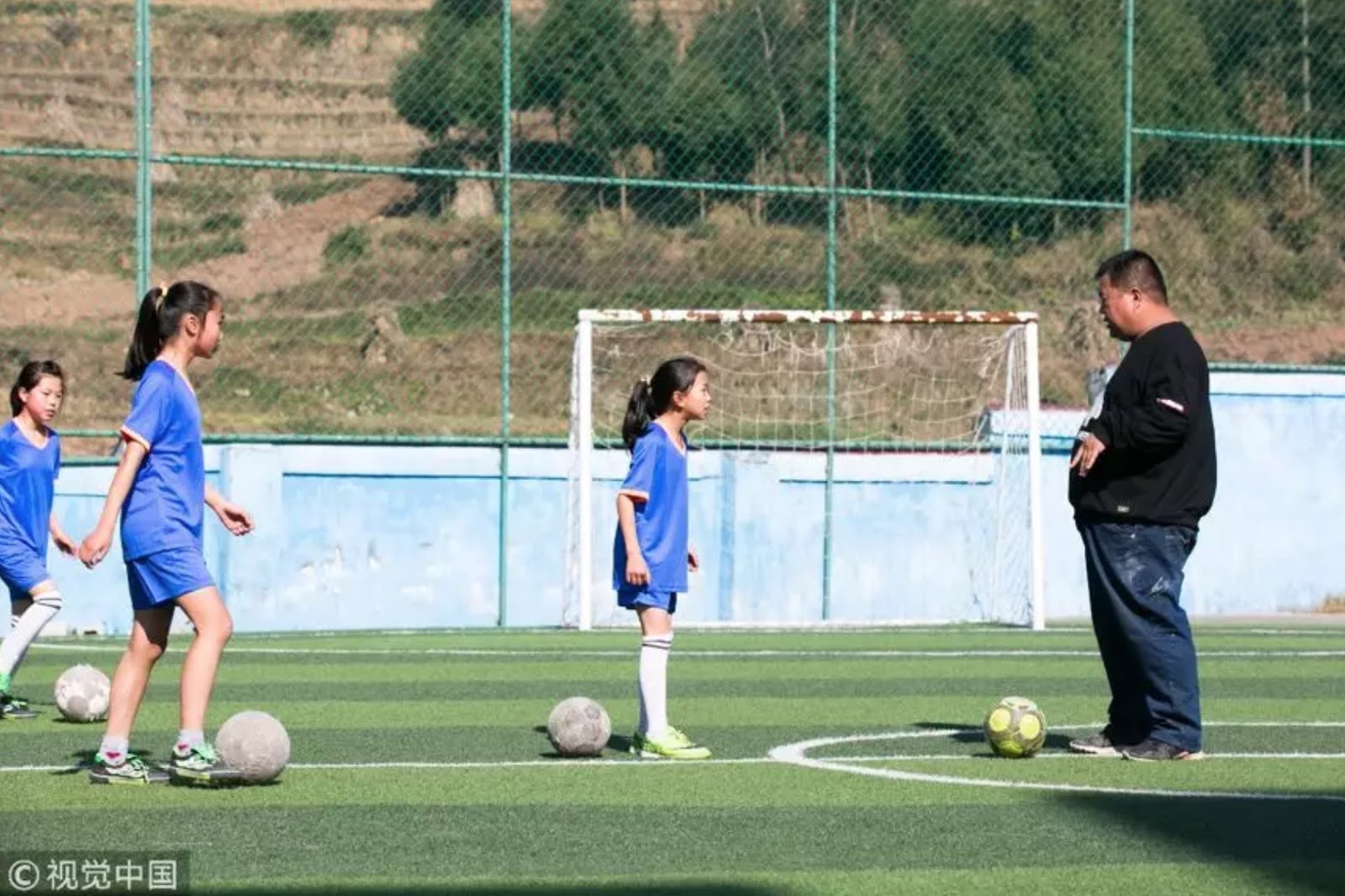
A poet and his girls’ football team
一个诗人和他的留守儿童足球队
A poet and his youth football team of left-behind children
By Xíng Yínhuān 邢吟欢
January 11, 2018
Bijie, a city in Guizhou Province, is probably one of the most inhospitable places in China for left-behind children to grow up. In 2012, five boys died from carbon dioxide inhalation after lighting a charcoal fire in a rubbish bin for warmth in winter. Three years later, four siblings, whose parents had left home to work in big cities, killed themselves by consuming pesticide.
But the arrival of Xú Zhàowěi 徐召伟 has brought a glimmer of hope to the area. Teaching in a local school as a volunteer, Xu is the founder and coach of an all-girls soccer team that has won various matches in the city. For the left-behind girls on his team, soccer — and the hope of winning championships — are what they hope can transform their lives.

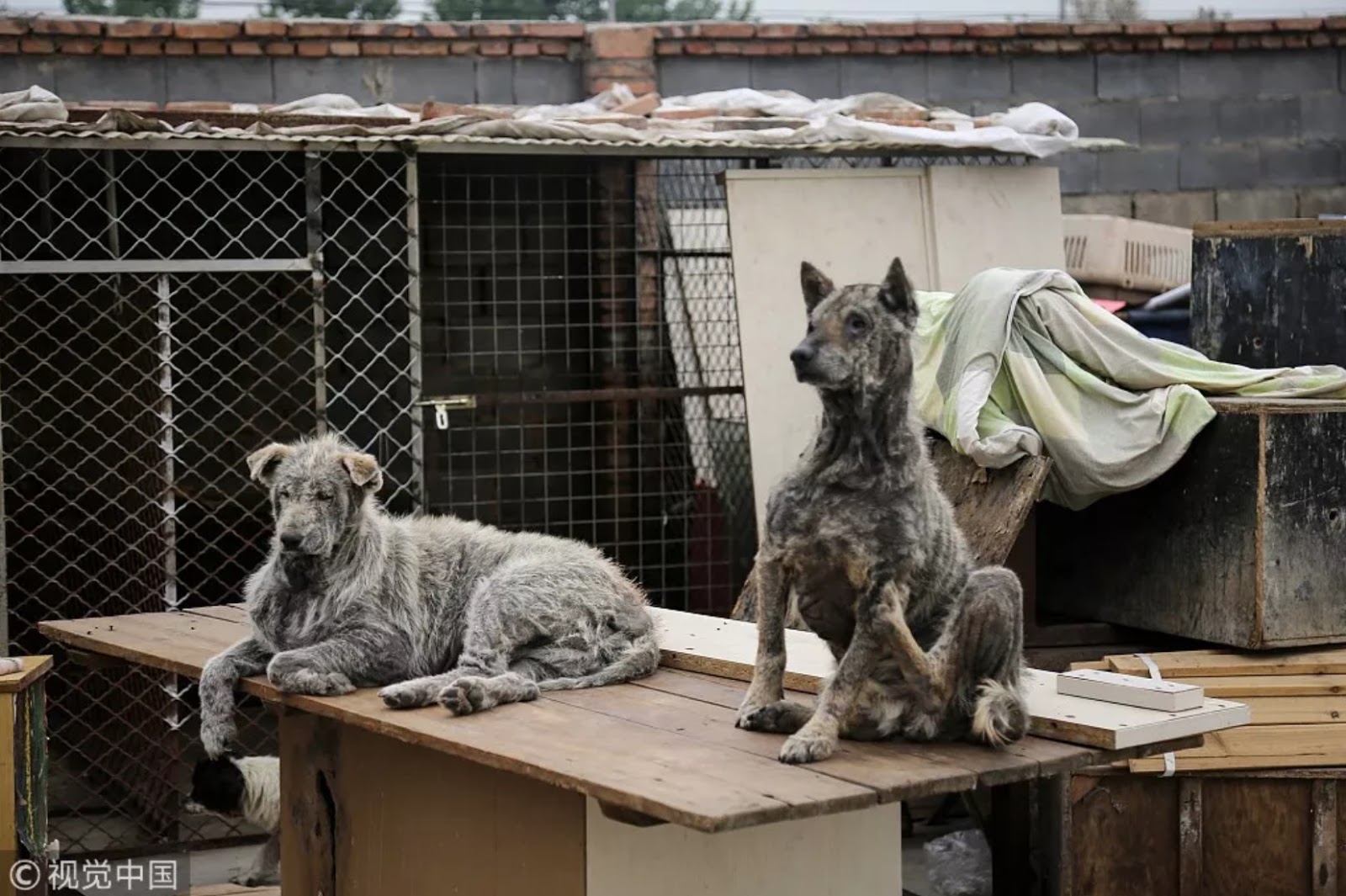
Stray dogs in Beijing
在北京,一条流浪狗的N种可能遭遇
The possible things that can happen to a stray dog in Beijing
By Líng Chén 凌晨
January 9, 2018
When a pet dog is abandoned in a city like Beijing, he faces one of the following scenarios: 1) Becoming a homeless dog who roams the streets until dying in an accident; 2) being captured and sent to butchers; 3) being caught by police and sent to a detention center for strays, who do nothing but wait for their deaths; 4) being rescued by animal lovers and living in a shelter with other homeless dogs; 5) being adopted by a new owner.
In this article, the author explores all of these possibilities. “Every street dog has its own story of striving to stay alive,” Ling writes. “These stories are often full of misery and violence. I tried my best to tell their stories, hoping that China will develop more adoption programs for homeless pets and better protection of animals in general.”

Below are some other articles that I enjoyed reading this week:
- 女主播没有假期 Female live-streamers have no holidays
- 成都重庆“老不起” In Chengdu and Chongqing, you can’t afford to age
- 中国式男子汉教育,教不出男人 Chinese education of masculinity won’t turn boys into real men
- 减负,是穷人家孩子的灾难 Burden reduction is a disaster for poor students
- 病房里的小丑 The hospital clown
- 中国CS这些年 How Counter-Strike changed the Chinese gaming community
- 章子怡历次脱粉事件考 An exploration into how Zhang Ziyi lost her fanbase






